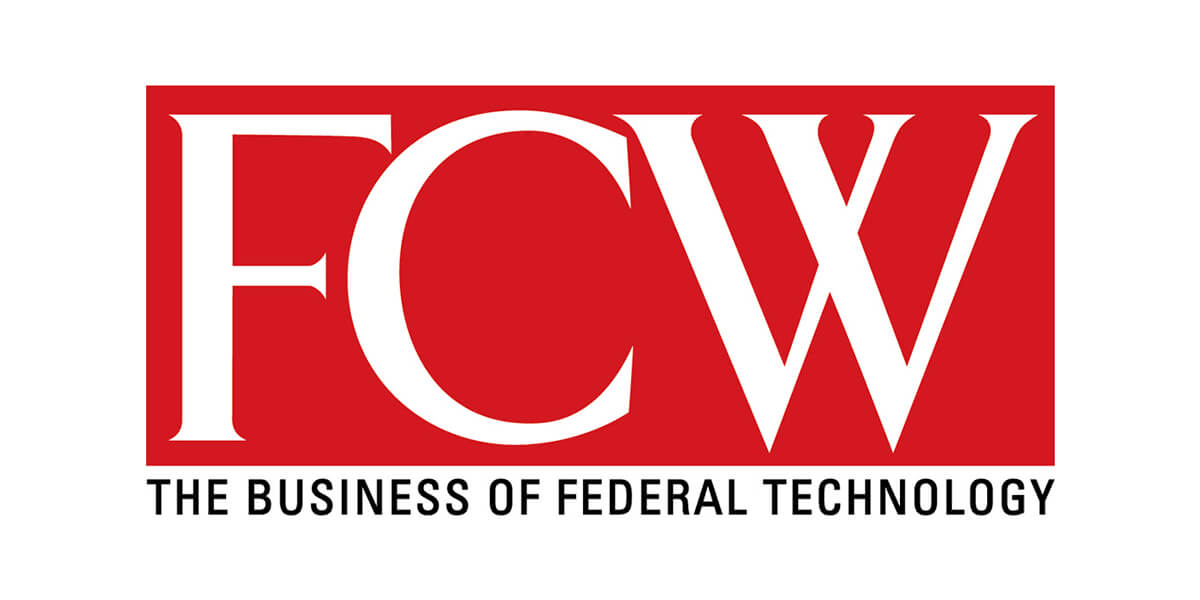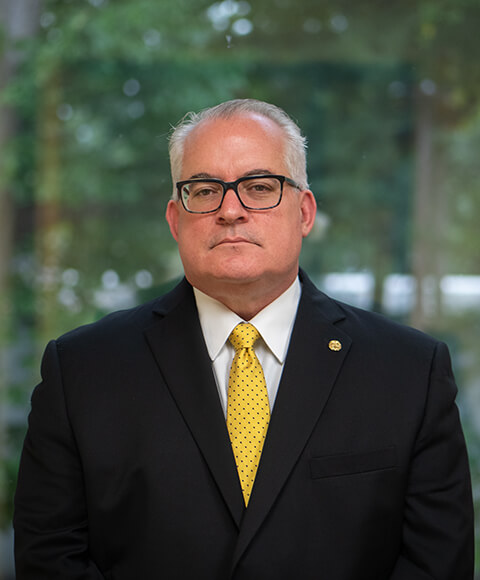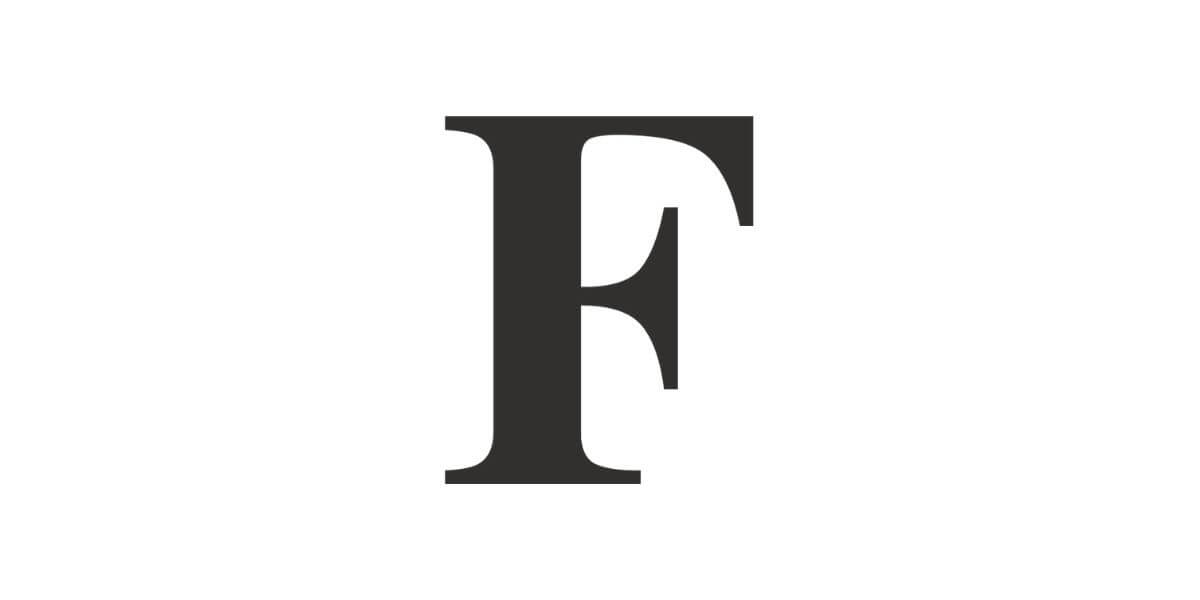In 2018, Sen. Mark Warner (D-Va.), chairman of the Senate Select Intelligence Committee, got involved in the minutiae of security clearance policy because the backlog of open cases had reached “crisis” levels.
“I’ve gotten kind of into the nitty gritty because this is really important, again, for the overall security of our government,” Warner told FCW. “But it’s also really important in terms of, particularly in the [Washington, D.C, area], we’ve got so many government contractors that have to have clearances as well.”
The backlog, which spiked at around 725,000 cases, is now down to around 184,000, which is considered below “steady state” levels, according to a spokesperson for the The Defense Counterintelligence and Security Agency. The DSCA conducts the majority, but not all, background investigations.
Warner said that there is more to be done on reciprocity for clearances within and among agencies.
“I would love to start with the norm that assumes that a clearance in one entity is – particularly the secret level – valid across the enterprise,” said Warner. “For contractors, trying to make sure that if you’ve got a clearance, you shouldn’t have to go through the same exact hoops again. It should be the expectation that you’ve got reciprocity.”
The notion of reciprocity for clearance holders across agencies is one of the pillars of the Trusted Workforce 2.0 and managed as a cross-agency priority goal, with leaders from the Office of Personnel Management, the White House, the Office of the Director of National Intelligence and the Pentagon.
Accomplishing that goal and other initiatives of the Trusted Workforce 2.0 push will ultimately rest on an tech system meant to replace several legacy systems. The tech system is a work in progress.
A critical question that remains to be seen will be the extent to which remaining vetting databases and systems outside of NBIS will interface with one another.
“Whether the IT system’s going to be global enough to efficiently support all federal security operations – that’s still a question that has to be answered,” said Daniel Meyer, a partner of Tully Rinckey’s Washington D.C. office and alum of DOD and the IC.
Currently DCSA handles the majority of background checks for the federal government, whether IC elements that currently have their own systems, such as the FBI and the CIA, will move some or all parts of the security clearance process to the new system remains to be seen.
“We’re building it and not in the hopes that they will come, it’s implied over time, this should be the centralized platform for the whole of government to take advantage of,” Jeff Smith, executive program manager at DSCA, told FCW.
In the meantime, DCSA is also maintaining legacy systems it inherited from the Office of Personnel Management after governmentwide background investigation responsibilities shifted to the Defense Department in the wake of the 2015 cyber breach.
Continuous monitoring
Timeliness for background investigations and adjudications, as well as onboarding, are big issues the effort was created to address, as well as reciprocity between agencies, said Mark Frownfelter, the Assistant Director for the Special Security Directorate (SSD) at the National Counterintelligence and Security Center.
But beyond improving those discrete parts of the process, he characterized the reform effort as looking at the fundamentals of vetting.
“If you go back 50 years ago, the person going through the process pretty much had a similar experience than what someone would have gone through just a couple of years ago,” he said.
Last year, new vetting policies and guidelines were released, including engagement guidelines meant to give a level of accountability for the experiences of individuals going through the process, performance management standards to measure progress and investigative standards. New training standards made with an eye toward cultural competency are also on the horizon, said Frownfelter.
As for the push to continuous vetting, the entire national security population is enrolled in a continuous vetting capability with certain automated checks – a milestone, called Trusted Workforce 1.5, that the government hit in September 2022.
It “promotes a stronger workforce because you’re getting information that surfaces in real time,” said Frownfelter. This continuous vetting capability replaces periodic reinvestigations.





